Medical students and future doctors are raising the alarm after President Donald Trump signed the “One Big, Beautiful Bill Act,” which includes sweeping cuts to federal student loan programs that many say will make attending medical school financially impossible.
The bill imposes a $200,000 lifetime cap on Federal Direct Unsubsidized Stafford Loans for professional school and eliminates the Graduate PLUS loan program, which previously helped students borrow enough to cover full tuition and living expenses. With the average cost of attending med school far exceeding the cap, students say their dreams have been shattered.
“The government just ended my ability to even apply to medical school… All of my work for the past 5–8 years was for nothing,” said pre-med TikToker Lauren Steiner in a viral post that has drawn thousands of reactions from devastated students.
The American Medical Association (AMA) warned that the move will worsen the already dire physician shortage projected in the U.S. by 2037. According to the U.S. Health Resources & Services Administration, the country could be short at least 187,000 full-time doctors by then.
The AMA noted that the median debt for med school graduates already exceeds $212,000, with public in-state programs costing around $286,000 and private schools nearly $391,000.
Without access to federal loans, aspiring doctors may be forced to rely on risky private loans with higher interest rates—or abandon medical school altogether.
“How are we paying for medical school, guys?” another TikTok user asked. “Anybody just have $445,000 lying around by chance?”
Despite the backlash, Republican supporters of the bill argue it’s about reining in government spending. Rep. Tim Walberg (R-MI) defended the legislation, saying it protects “Americans who never set foot on a college campus” from subsidizing “elite Ivy League degrees.”
But critics say it’s not Ivy League students who will be hit hardest—it’s first-generation college students, rural applicants, and those from low-income families hoping to serve communities in desperate need of physicians.
AMA CEO Dr. James Madara called on Congress to reconsider, warning the bill could devastate the medical pipeline and worsen America’s healthcare crisis:
“The changes will severely limit the number of individuals that can afford a medical degree. And likely exacerbate the looming shortage of physicians.”
For now, frustrated students are flooding social media and petitioning lawmakers, hoping public pressure might lead to a repeal or revision of the bill’s most controversial provisions.

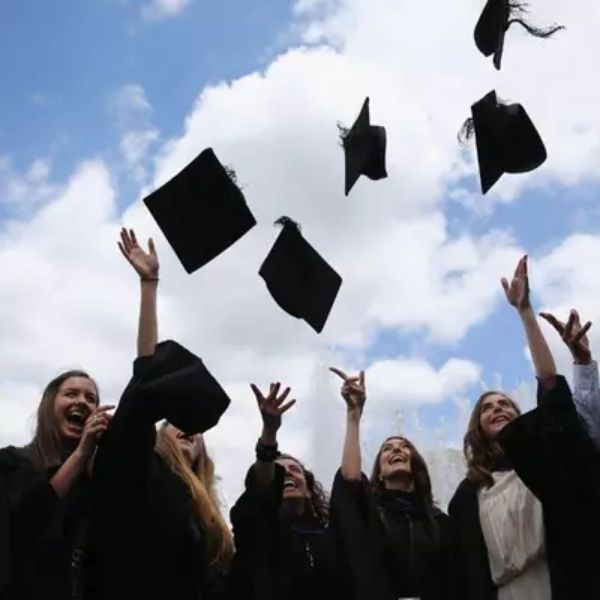

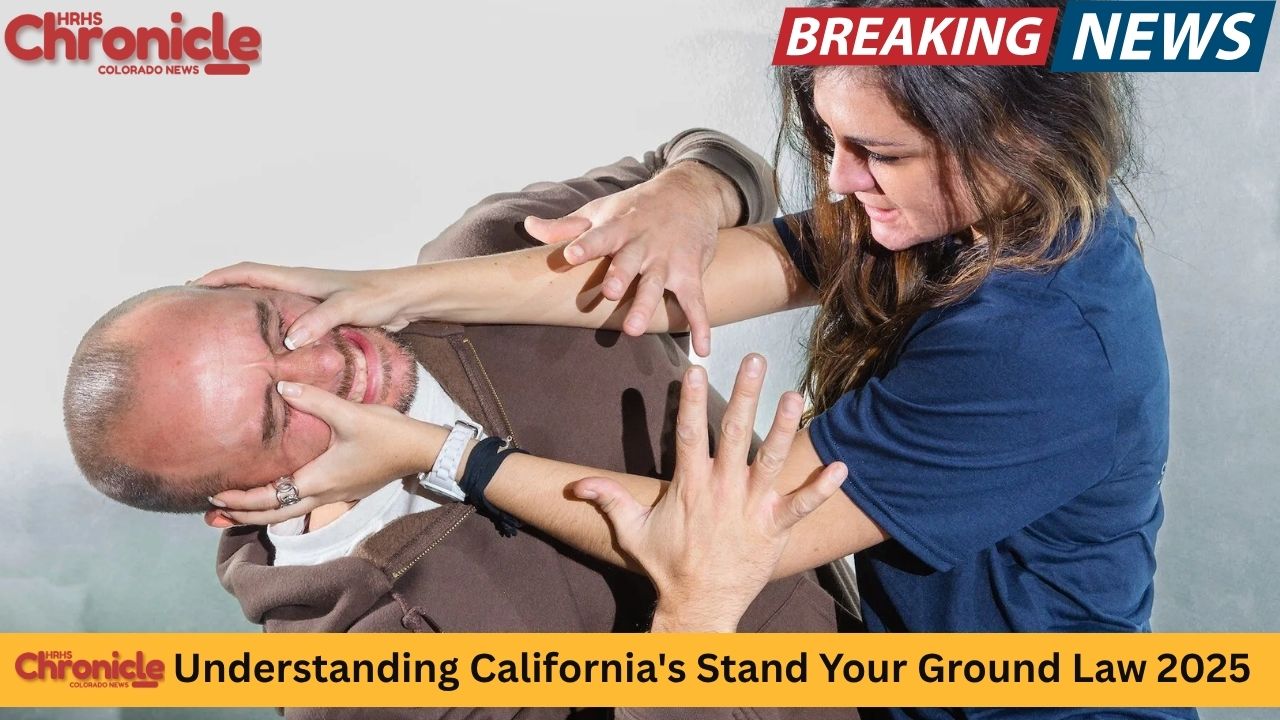
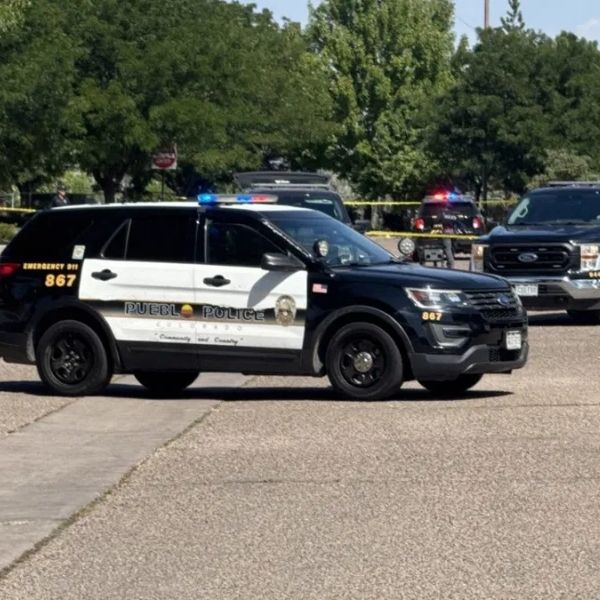
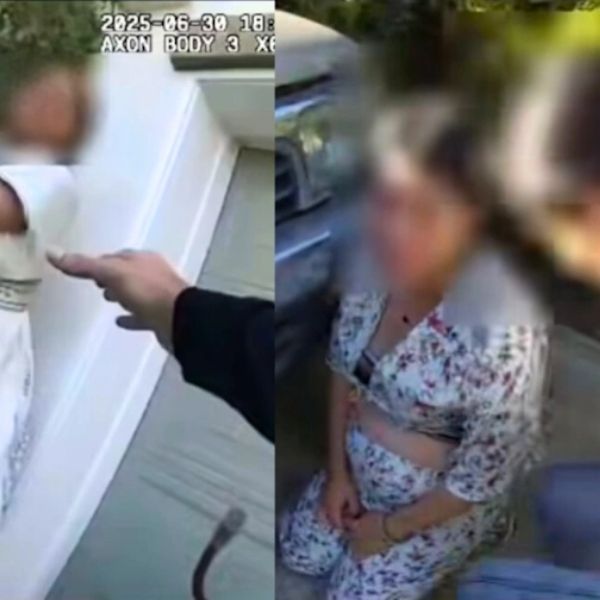


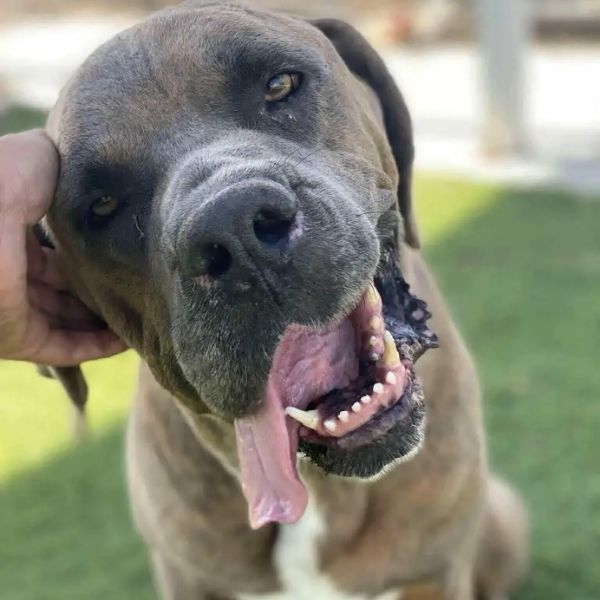
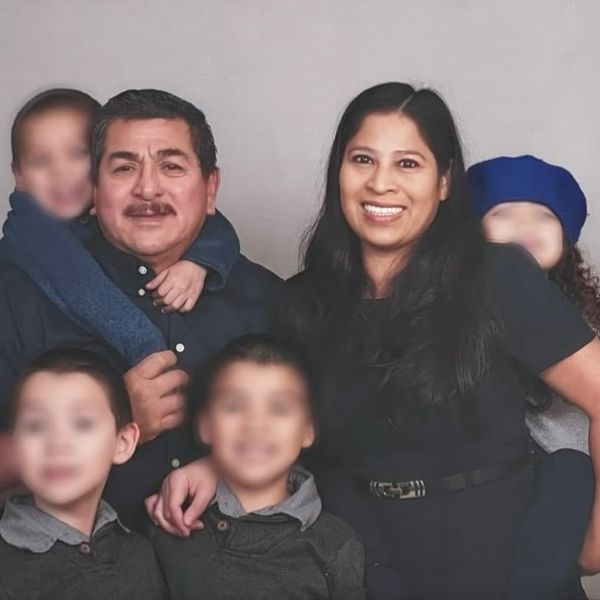
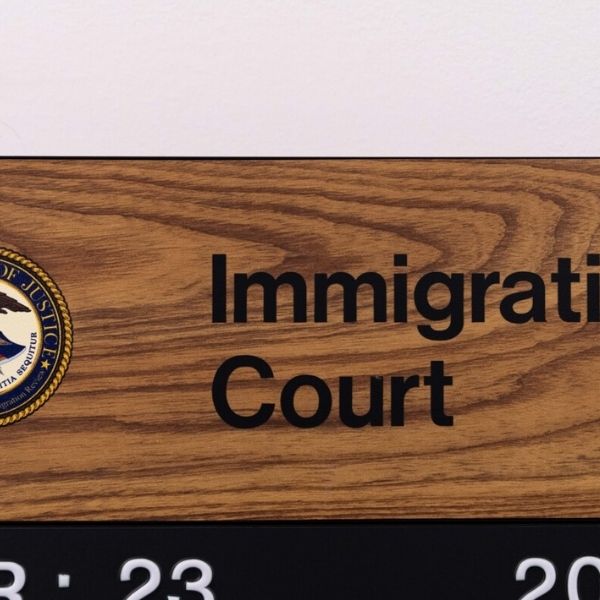
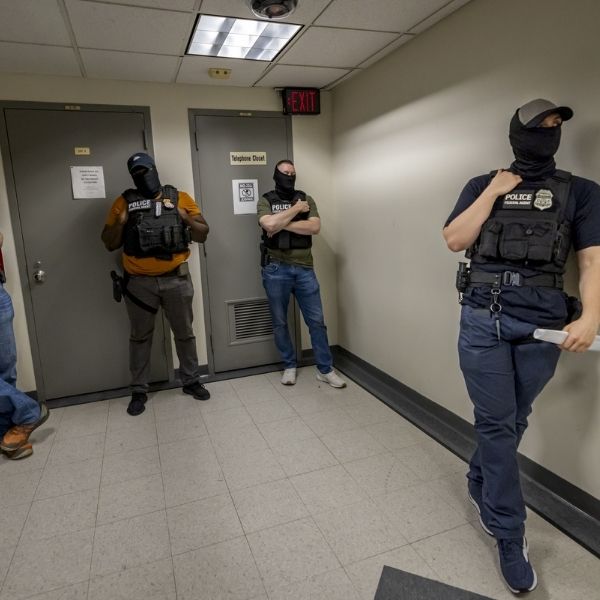
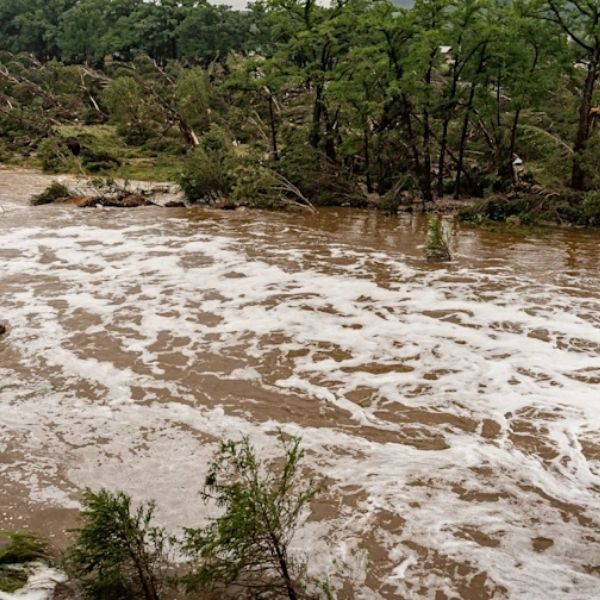



Leave a Reply